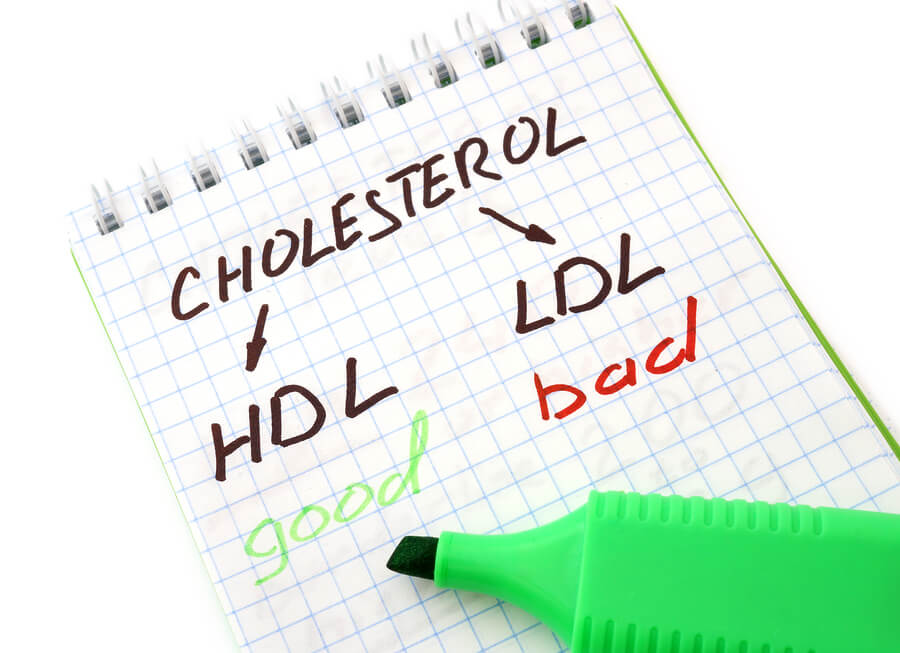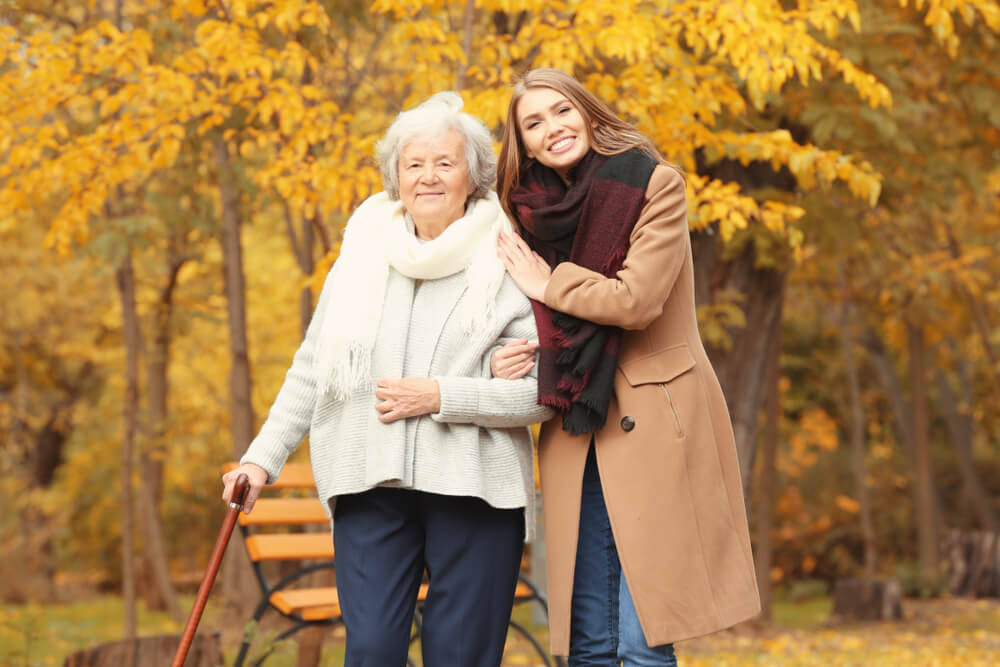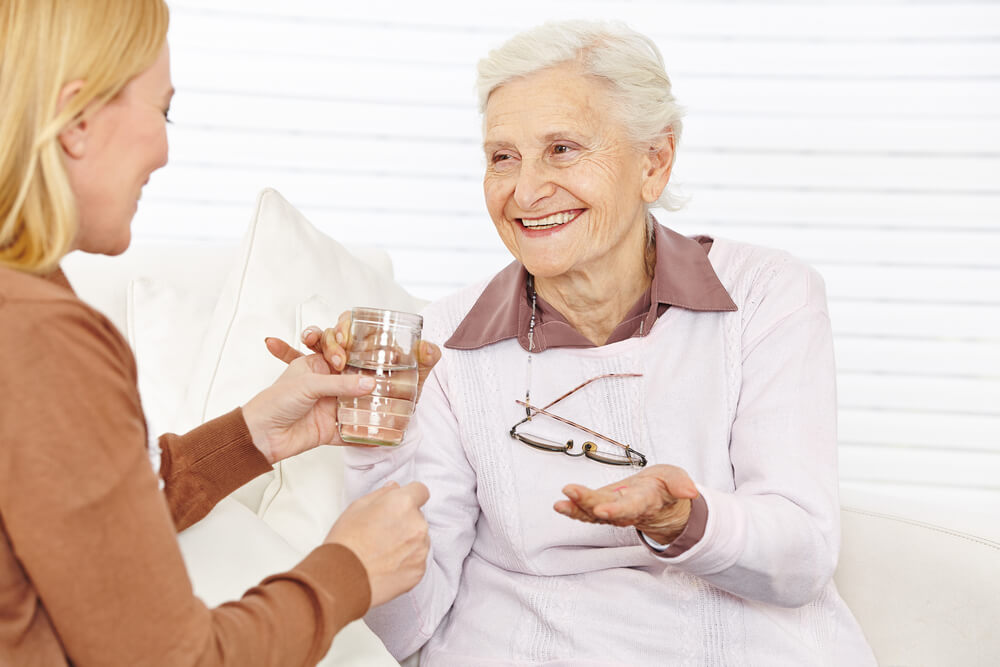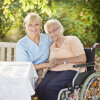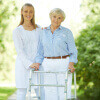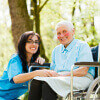Skilled nursing care is a must for patients who have chronic health issues, cognitive changes, or emergent medical situations. This type of care is available once your elderly family member qualifies for home health care and it can greatly improve the odds that your senior is able to recover. Here are just a few of the different health issues that this type of home nursing care can assist your aging family member in managing.
High Blood Pressure
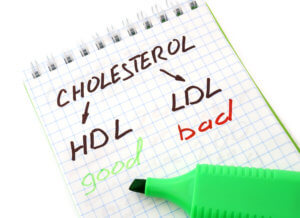
High blood pressure is called a silent killer for a very good reason. Many people with high blood pressure don’t even realize that they have it, much less how the condition affects their daily life and overall health. If your elderly family member finds it difficult for her to test her blood pressure at home or to remember to take medications properly, it may be time for her to have more help with those tasks. Left uncontrolled, high blood pressure can lead to some very serious health consequences.
Diabetes
Like high blood pressure, diabetes can do a lot of damage to your senior’s body and health without her awareness. If her blood sugar numbers are consistently too high, your elderly family member can suffer a great many consequences. Having skilled nursing care professionals helping to manage glucose testing, dietary changes, and medication reminders can change so much about how diabetes impacts your senior’s life.
Wound Management
After surgery or injury, your elderly family member may have trouble caring for her wound, especially if that wound or incision is in a location that is difficult to reach. It’s vital to have someone there with your senior who can recognize when there are issues with a wound, such as possible signs of infection. Having dressings changed regularly and properly makes a huge difference in how well your elderly family member heals and how quickly she’s back to her daily life.
Catheter Management
Another sometimes difficult situation for your senior to maneuver on her own is dealing with catheters. With the help of skilled nursing care professionals, your elderly family member knows that her catheter is being managed properly and that she doesn’t have to worry about what to do. This can help her to avoid complications like infections that can be difficult to manage as well.
After-care for a Stroke
The care that your elderly family member might need after a stroke varies greatly depending on how severe the stroke was. The right help afterward can make a big difference in her recovery. Skilled nurses there with her can also be alert for signs that your senior might be at risk of having another stroke. They can also help to coordinate other types of care, like physical and occupational therapy, which helps your senior to recover even more.
There are many other ways that home health nurses can manage serious and chronic health issues for your aging family member. Her doctors can help to determine if this type of care is right for your senior and if she qualifies.
